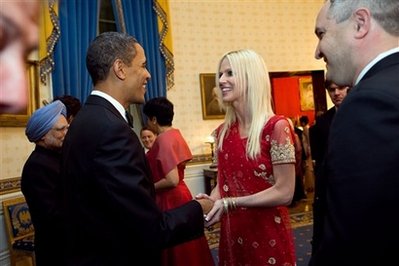Homeschool journals and the reliability of the Gospels
As part of our homeschooling endeavors, my wife and I will have our children keep journals while we are on road trip vacations. Besides being a method to keep them busy, the exercise also helps them learn about the various places we visit, as well as to hone their writing skills. Typically, we’ll have them keep a daily journal, encouraging them to be verbose and expressive as they relate the details of our trip.
On a recent trip, however, I asked them to take their journal writing in a slightly different direction. Instead of having them write from a perspective which relied heavily on feelings (i.e., expressing their thoughts and opinions about what we were doing), I instructed them to give an essentially historical and factual account of what transpired on the trip. They didn’t have to try and include everything that had happened each day, but only that which they considered most important or most unusual. As an added bonus to this alternative approach, my wife and I also kept trip journals.
After the trip, the journals were polished off and printed. I then had each family member read the entire set of journals. Once that task was completed, we all gathered for a group discussion. As expected, the journals were written in a chronological manner (e.g., Sep. 21, Sep. 22, Sep. 23). And, as expected, while the journals contained many of the same trip events, they were not equally comprehensive in their coverage of the trip. Descriptions varied, numerical values were sometimes rounded, specific events were ignored, etc. Due to the type of experiment I was conducting, I purposely varied the style of my journal from that of chronological to topical. I also crafted my account to include rounding, and exclude extraneous information of events that none of the other family members were a part of.
During our discussion I brought up these various differences in each of the journals. I asked what the differences might indicate (e.g., error, difference of opinion, omission). I asked if any of the differences indicated a direct contradiction or whether the differences were simply paradoxical. Essentially, I took our children through the process of harmonizing the four accounts of our trip. This was possible because the harmonization was being done on events they were eyewitness to, and the analysis was being made on data they had a direct part in producing.
Lastly, I then asked if they were aware of any other examples, of multiple accounts of the same events, having a different appearance in the forms we had just discussed. Our oldest quickly answered with, “Matthew, Mark, Luke and John,” and our youngest even piped in with the statement that Mark does not include any mention of Jesus’ birth. This, of course, was the point of my exercise: To show our children, brought up in the midst of a 21st century Western culture which prides itself in recording data comprehensively, that historical narratives can (and do) vary, and that such variances are not, in and of themselves, indicative of contradictions or errors.
I think that an exercise, such as this, is important for our children (and for some adults) to understand. During our discussion, I told our children that there are critics of Christianity, and the Bible, who will attempt to convince believers that there are irreconcilable contradictions within the text of the Bible. As this exercise hopefully demonstrated, we have the means to intelligently respond to the critics.


